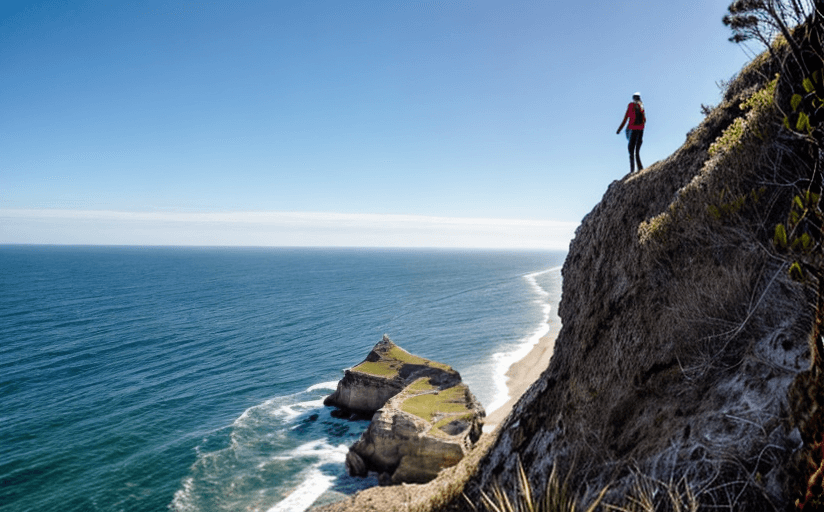Slow Travel: The Benefits of Taking Your Time
Slow travel is an increasingly popular trend, with travelers seeking to immerse themselves in the culture, cuisine, and environment of a destination. In this article, we'll explore the benefits of slow travel and how it can help create deeper connections with the communities that you visit. We'll examine how slowing down the pace can create a more meaningful experience, and discuss what travelers should consider when planning a slow travel experience.
What is Slow Travel?
Slow travel is a way of exploring the world at a slower pace. Rather than rushing from place to place, it's about savoring the moment and really taking the time to appreciate your destination. It's about getting to know the people, the culture, and the local lifestyle. It's about going beyond the touristy attractions and really getting to understand a place and its people.
Benefits of Slow Travel
There are many benefits to slow travel. It can help you to appreciate the culture of a place more deeply and create meaningful connections with the local people. It offers the opportunity to learn more about a destination’s history and culture, and to understand it on a deeper level. And, it can be a more economical option as you don’t have to pay for costly flights and hotels.
Slow travel can also give you a more meaningful experience. You’ll have more time to explore and appreciate the attractions that interest you. You won’t be rushed and you’ll have the chance to really soak up the atmosphere and culture of a place. And, you’ll be able to create longer-lasting relationships with the people you meet, helping you to feel like you’re truly part of the community.
What to Consider When Planning a Slow Travel Experience
When planning a slow travel experience, there are a few things to consider. First, you’ll want to make sure you have enough time to explore the area. You don’t want to rush through the experience, so make sure you have enough days to really appreciate the destination. Second, research the area and the culture before you go. Read books, watch films, and talk to people who have visited the area to get a better understanding of the culture and the local way of life.
You’ll also want to research the best modes of transport, such as trains and buses, and consider if there are any local tours or activities you’d like to take part in. Additionally, it’s important to plan out your budget and make sure you have enough money to cover your expenses. Finally, make sure to pack light—you don’t want to be lugging heavy bags around!
Conclusion
Slow travel is a great way to explore the world and create meaningful connections with the local people. It offers travelers the opportunity to appreciate and learn more about a destination’s culture and history, and to experience a more meaningful, deeper connection with the place they are visiting. When planning a slow travel experience, it’s important to consider your budget, plan your time, research the area, and pack lightly.



















Comments
Leave a Comment